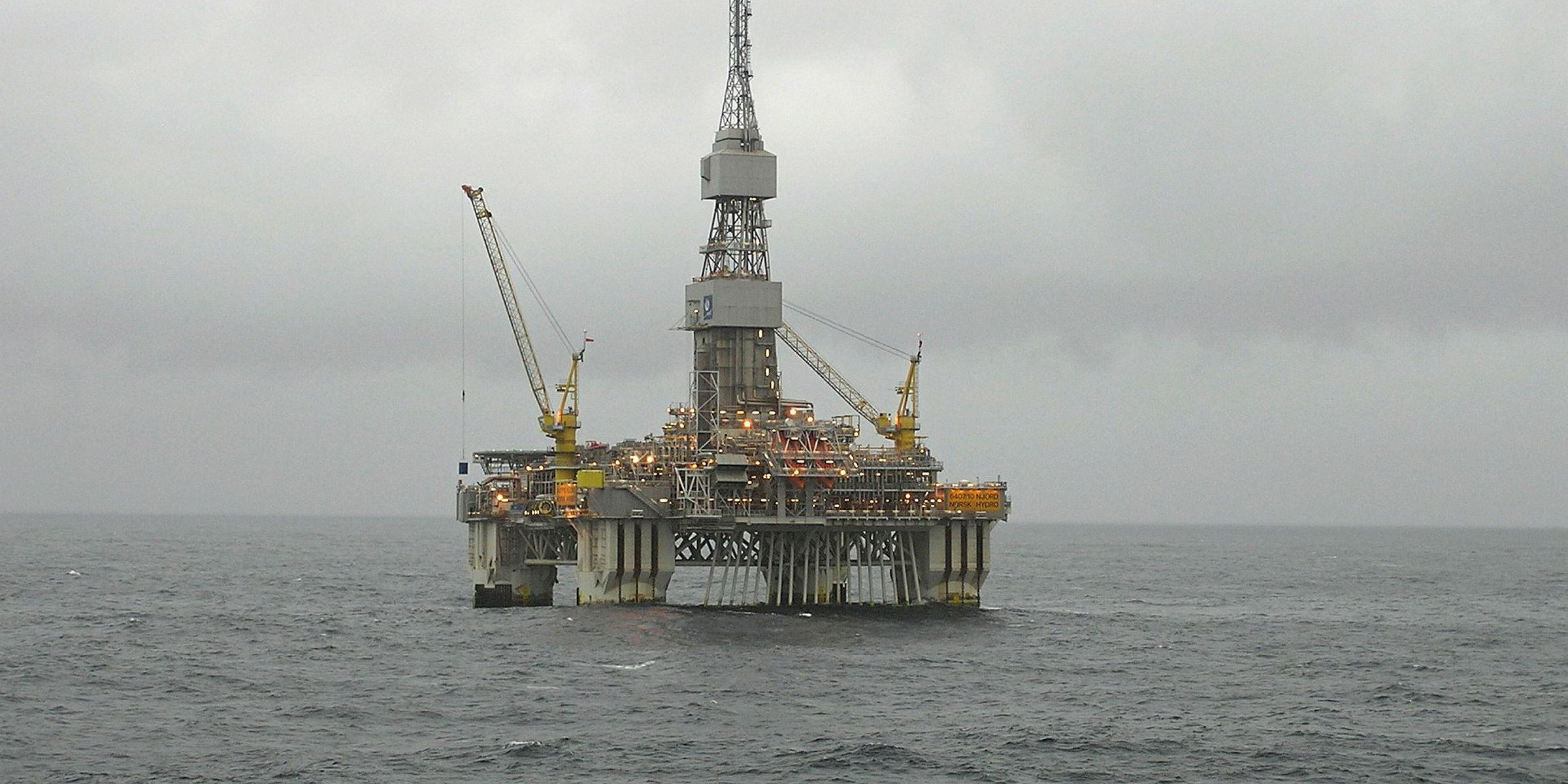The Norwegians have boldly taken the lead by becoming the first national sponsor of the Business Action Platform for the Ocean, a UN sustainability programme.
But does this move highlight an enlightened view of the future, or contradictions in the Nordic country’s energy portfolio?
Can you take a lead on climate change — the biggest threat to the oceans and planet Earth itself but just one of the 17 goals in the UN programme — while continuing to encourage the burning of fossil fuels by endlessly producing more?
Neighbouring Denmark has effectively wound down its national oil and gas company, the former Dong Energy, by selling off its fossil fuel assets and turning it into windfarm developer Orsted, instead.
Should Statoil — Norway’s 67% state-owned energy group — move towards doing the same?
There are only small signs of Statoil rowing back, although it says it wants to be seen as an “energy company” in future and has made a few renewable power investments.
Statoil, Petroleum Geo-Services and other offshore-related outfits are key participants in the Business Action Platform for the Ocean — part of the UN Global Compact, which is aimed at ensuring the seas are sustainable for future generations.
The oceans cover three-quarters of our planet and play a vital role as a climate regulator. They supply half the oxygen we breath, absorb more than a quarter of the CO2 we produce and yet are showing signs of acute stress.
In fact, the Business Action Platform for the Ocean is not just about working for a sustainable future but also about finding new business opportunities from the oceans. The platform has the explicit support of the Norwegian Shipowners’ Association (NSA), half of whose members are from the offshore sector.
Of course, Oslo ministers and Statoil will say that as long as the world remains reliant on oil products for transport and other sectors then they must be produced by someone. Better by the Norwegians who understand sustainability than others who may not care so much about the environment, they might argue.
But could the time come when the interests of containership and dry cargo shipowners are better served by steering clear of the compromises needed to accommodate oil companies? If so, what about the platform supply or anchor-handler operators? And where would the oil and product tanker owners sit? They clearly play a vital role carrying fossil fuels and it may be uncomfortable to talk about the need to purify the oceans and to remember the oil spills of the Exxon Valdez or Prestige.

It is certainly worth reminding any purists that the number of major oil spills has reduced significantly since the 1970s and 1980s, despite a huge increase in seaborne trade.
In fact, most ocean pollution comes from the land via domestic sewage, industrial discharge and agricultural toxins. So it can quickly become a complicated picture.
Shipping — whether dry cargo or any other — already has many global rules covering pollution. Regulations cover everything from ballast water to the discharge of oil or dumping rubbish. Shipping is also moving to reduce the sulphur content of bunkers and cut wider carbon emissions.
The big advantage that shipping has over many land-based industries is that it is covered by international rules set by the IMO.
But there is no point in imagining that all policymakers worldwide are happy with the progress, particularly with regard to the goals of the Paris climate agreement.
We know that the European Commission is holding a gun to the IMO’s head with its threat to introduce regional carbon penalties.
There is also a race against time here — as there seems to be in the Norwegian effort.
Erik Giercksky, an ex-NSA director who from 1 February has been heading up the Ocean Platform initiative for the UN Global Compact, argues it is important to have companies such as Statoil onboard because it is a big technology expert, is looking for change itself and must be part of any credible solution.
He accepts there is tension between the worlds of oil and low carbon but believes Norway can start to substitute national revenues from oil with income from a new, enhanced sustainable ocean industry.
This is a laudable aim, but can it be achieved before CO2 emissions rise to dangerous levels and poison the oceans more? The clock is ticking.




